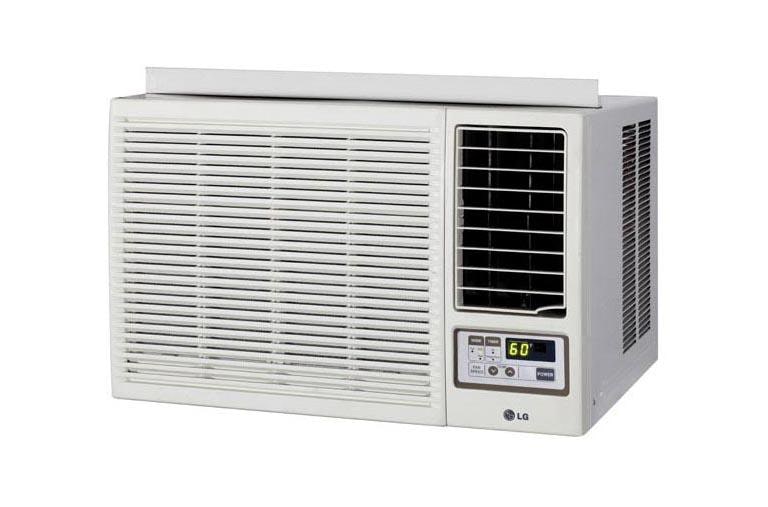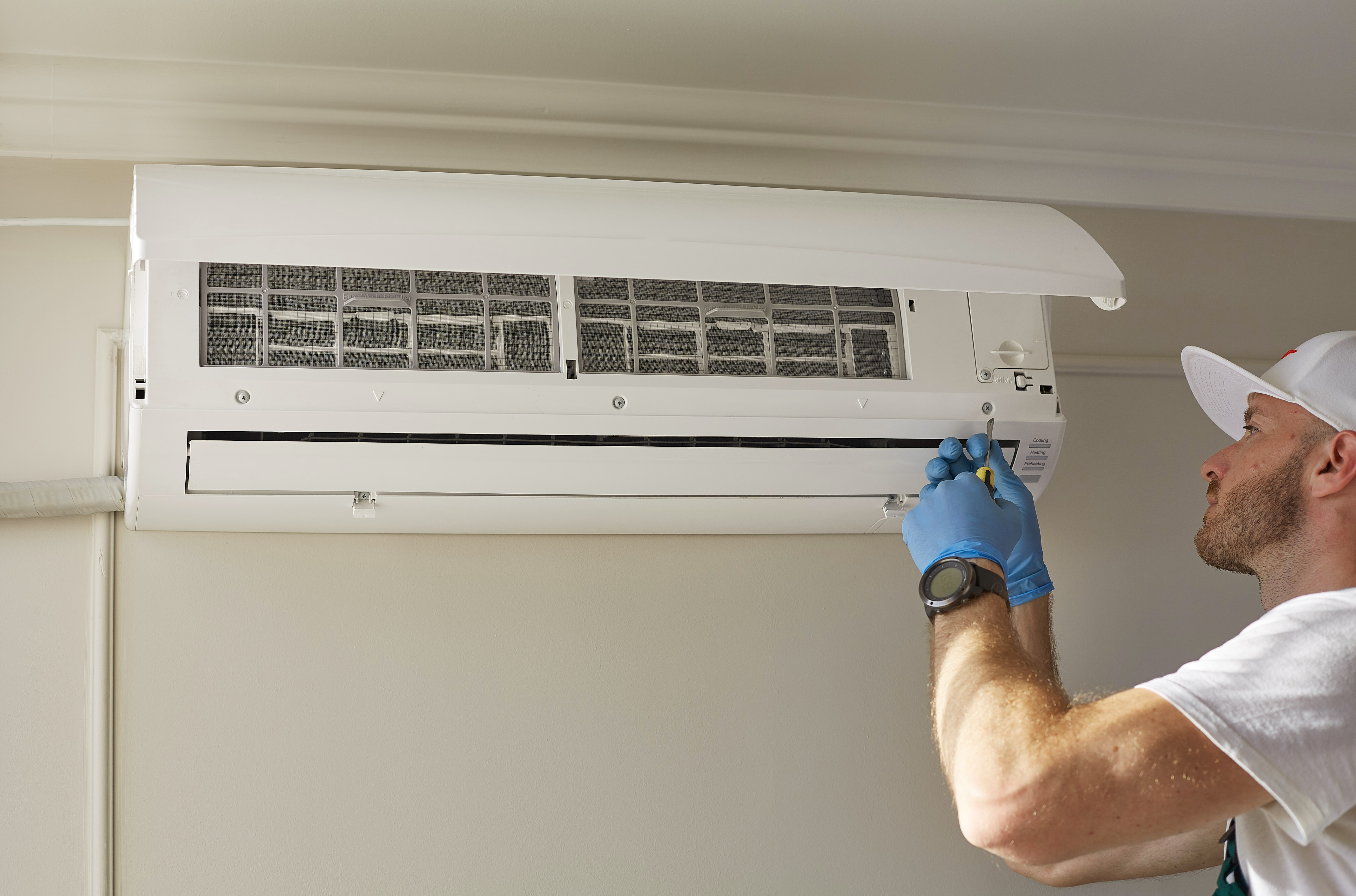Should You Cover Your Air Conditioner In The Winter In Minnesota
In theory, it makes sense: If moisture does get under the cover, canvas breathes which allows the moisture to dry vs.

Should You Cover Your Air Conditioner During The Fall And Winter - Aj Perri
However, as you never know what can happen, purchasing an ac unit cover can help to prevent the unexpected.
Should you cover your air conditioner in the winter in minnesota. Air conditioners don’t need to be covered to withstand freezing temperatures and harsh winter storms as they are designed with this exposure in mind. Should you cover your ac unit in the winter? Air conditioners have been built to withstand all sorts of conditions, including the harsh cold in winter.
Due to these durable materials and system parts, it’s never required to utilize an air conditioning winter cover. If you do cover it, we recommend a canvas cover. People tend to have firm opinions about whether or not they should cover their air conditioner for winter, so here’s the skinny on both sides:
If you are expecting to experience a severe storm that involves hail or a potential for debris to damage your unit, covering it may be a good idea. You may have heard that covering your air conditioner with a cover during the winter helps protect your unit, but that's actually a myth and can actually cause more harm than good. Your a/c is made to withstand the elements
It’s natural to want to cover up everything as winter approaches, but your outside air conditioner doesn’t need to be covered. Air conditioner covers, available at most hardware stores, are designed to protect an outdoor air conditioning unit from the elements during the fall and winter months when it’s not running. Winterizing your ac is just one of many hvac considerations for homeowners this time of year.
By covering your unit, you. In fact, covers can cause problems because they trap moisture and. Your hvac equipment is designed to withstand the hottest heat of summer, and the extreme cold of a minnesota winter.
Learn the pros of covering your outdoor air conditioning unit during winter. The last thing you want is to uncover a major issue with your air conditioner once spring rolls around. To verify, we went ahead and gave a few of the major air conditioning companies a call to see what their take was on whether or not you should cover your air conditioner in the winter.
Inside the condenser, you’ll find coils and other components that are also designed to withstand the elements. Covering your air conditioner is a preference but it is not a necessity and may actually contribute to. Instead, you might want to buy an air conditioning cover that is made with breathable material.
You may also choose to cover your air conditioner unit in the winter if you live in a climate that experiences severe winters. As the winter approaches, you may be wondering if your outdoor air conditioning unit needs protection from the elements. If you ask hvac manufacturers whether covering your ac unit is a good idea, most would tell you they don’t recommend it.
The most important reason why not to cover your air conditioner is that it is just not necessary. However, your ac unit is designed to function even when it rains or snows. Many ac experts believe covering your air conditioner is unnecessary, as the units have been built to withstand extreme weather such as rain, wind,.
And we shouldn’t need to tell you why that’s not ideal. No hvac manufacturer (carrier, lennox, etc.) recommend that you cover your air conditioner in the winter. It is not necessary to cover your air conditioner for the winter.
The primary purpose of covering an air conditioner is to keep it looking nice. You won't need your air conditioning unit during the winter unless you live in a climate where it gets hot in the winter '97 so why not cover it up for protection from the elements? Here's why and what else to do.
Falling leaves as well as snow and ice can get into the condensing unit and cause damage. Depending on the location some air conditioners should be covered in fall and winter, others only for severe storms (especially if there is no actual fall or winter where you live). Your geography and the positioning of your outdoor a/c condenser may be more likely to impact whether or not (or to what degree) you cover the unit during the winter.
You are surely enjoying the cool weather, but take time to make sure that your air conditioning is ready before winter starts. Your ac unit will work more efficiently the moment you use it again. So, should you cover your air conditioner in the winter?
It should suffice to say, that no major manufacturer that i know of (i.e. The answer is, yes it does! Some people think that the exterior air conditioner unit should be covered once summer is over to protect it from the weather.
Provides cover from ice, debris, snow, etc. The parts and materials used are designed to stand up to harsh winters and hot summers. If you cover your ac with a big tarp and you have trees nearby, chances are that some pests will decide to winter inside your ac.
Covering your air conditioning unit will keep yard wastes like sticks and leaves from blowing into it. Keep in mind that some types of covers can be left on while the unit is running but others have to be used only when the ac is not working. Here in minnesota, it gets cold in the winter.
These units, built to resist the weather, generally do not need a cover. Heating and cooling experts in buffalo, mn. Carrier, daikin, etc.) specifically recommends that you cover your air conditioner in the winter.
A plastic cover that would trap the moisture in and. For many reasons, the answer to that question is no; You do not have to protect your air conditioner during the winter months.
Covering your outdoor unit during the winter season is perfectly fine. Most outdoor hvac equipment is made specifically for outdoors and to withstand harsh weather conditions and varying temperature extremes. Depending on the year, we can receive a few feet of snow and layers of ice in addition to the cold temperatures.
Protects your condenser from the elements; This is because the coils are a lot cleaner. Your central air conditioning unit consists of a compressor and condensing unit placed outdoors in a metal housing.
I’d like to share one insight with you today — don’t cover your air conditioning condenser during the winter. As mentioned before, avoid using plastic (including tarps).

Portable Air Conditioners Buy The Right One And Stay Cool All Summer Long - Cnet

Winter Home Safety Tips Infographic Hvac Experts Home Safety Tips Hvac Infographic Safety Tips

Lg Lw1213hr 12000 Btu Heatcool Window Air Conditioner Lg Usa

Pin On Sayings

Architecture Design_3_20190529114250_68 Lego Architecture Studio Architecture Tattoo Architecture 3d Minnesota Home Homeowners Guide Easy Camping Hacks

Tips For Storing Your Ac Over Fall Winter - Entek Hvac

How Much Clearance Is Necessary Around An Outdoor Ac Unit

Ways To Keep Your Mini-split Working Through The Winter

Is Air Conditioning A Right Furnacecompare

Portable Ac Secret - Marthas Mortarboard Portable Air Conditioner Moisturizing Hair Mask Coconut Oil Hair Mask
Should You Cover Your Outdoor Ac Unit In The Winter Bonney

The Complete Guide To Selecting The Best Ptac For You Ptac4less

Should I Cover My Air Conditioner In The Winter

Pin On Seasonal Living Tips For Living Seasonally

Whats The Name Of The Outdoor Part Of A Heat Pump - Energy Vanguard

Decorative Wall Mount Air Conditioner Covers Shipped From Vermont Wall Mounted Air Conditioner Indoor Air Conditioner Air Conditioner

A Snowy Minnesota Morning Outdoor Virtual Tour Tours

5 Different Air Conditioner Types And How To Choose The Best One

Pin On Window Air Conditioner Cover